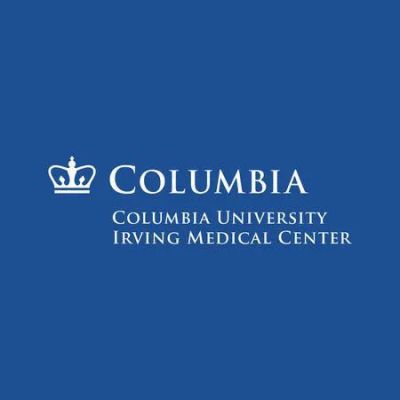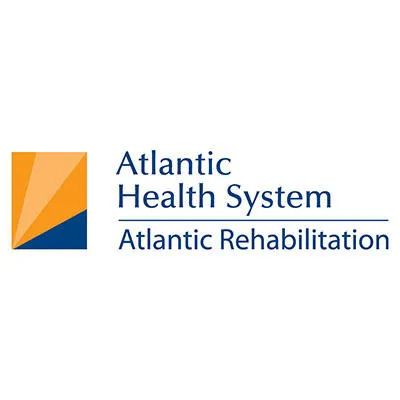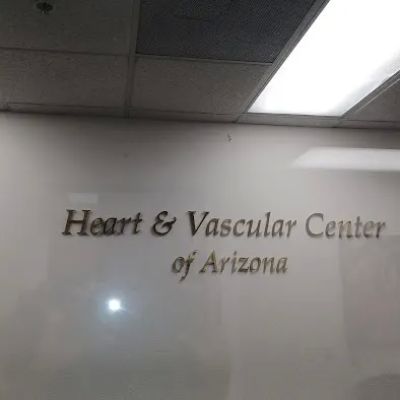- Understanding Heart Arrhythmias
- Causes of Heart Arrhythmias
- Types of Heart Arrhythmias
- Treatment Options for Heart Arrhythmias
- Living with Heart Arrhythmias
Understanding Heart Arrhythmias
Heart arrhythmias are conditions where the heart beats irregularly, either too fast or too slow. These disruptions in the heart's normal rhythm can range from harmless to life-threatening. An arrhythmia can occur in the upper or lower chambers of the heart, and the effects can vary depending on the type and severity. While occasional irregular heartbeats are common and usually harmless, persistent arrhythmias can pose serious risks, affecting overall health and leading to complications such as stroke or heart failure.
Arrhythmias are often categorized by the type of irregularity they cause, including the speed of the heart rate, such as tachycardia (fast heart rate) or bradycardia (slow heart rate). Understanding the underlying causes, symptoms, and available treatments for arrhythmias is crucial for anyone at risk or experiencing heart-related symptoms. This article will delve into the causes, types, and treatments for heart arrhythmias, helping you better understand this condition and how it can be managed effectively.

Causes of Heart Arrhythmias
Heart arrhythmias can be caused by a variety of factors, ranging from underlying health conditions to lifestyle choices. It’s important to recognize the causes, as this can help guide effective prevention and treatment strategies.
Cardiac Solutions
cardiac solutions
5651 W Talavi Blvd, Glendale, AZ 85306, USA

1. Heart Disease
The most common cause of arrhythmias is heart disease, including conditions like coronary artery disease, heart failure, or a history of heart attack. Damage to the heart tissue from these conditions can disrupt the heart's electrical system, leading to abnormal rhythms. In many cases, arrhythmias are a secondary symptom of a more serious underlying heart condition.
2. High Blood Pressure
Chronic high blood pressure (hypertension) can strain the heart and its electrical pathways, increasing the risk of arrhythmias. The increased pressure on the heart muscles and arteries can lead to changes in the structure and function of the heart, triggering irregular heartbeats.
3. Electrolyte Imbalances
Electrolytes are essential for maintaining normal heart function, and imbalances in these minerals—such as potassium, magnesium, or calcium—can disrupt the electrical signals in the heart. Dehydration, medications, or certain medical conditions can lead to electrolyte imbalances, increasing the risk of arrhythmias.
4. Stress and Lifestyle Factors
Stress, excessive alcohol consumption, smoking, and caffeine can all contribute to irregular heartbeats. These factors can trigger episodes of arrhythmias, particularly in people who are already predisposed to heart problems. Additionally, a sedentary lifestyle and obesity can increase the likelihood of developing arrhythmias by adding additional strain on the heart.
Types of Heart Arrhythmias
Arrhythmias can be classified based on where they originate (in the upper or lower chambers of the heart) and their effect on the heart rate. Here are some common types of heart arrhythmias:
1. Atrial Fibrillation (AFib)
Atrial fibrillation is one of the most common arrhythmias. It occurs when the upper chambers of the heart (the atria) beat irregularly and out of sync with the lower chambers (the ventricles). AFib can lead to symptoms like palpitations, dizziness, and shortness of breath. In severe cases, it increases the risk of stroke.
2. Bradycardia
Bradycardia refers to an abnormally slow heart rate, typically defined as fewer than 60 beats per minute. While some people may not experience symptoms, a very slow heart rate can cause fatigue, dizziness, or fainting. Bradycardia can occur due to aging, heart disease, or damage to the heart’s electrical pathways.
3. Tachycardia
Tachycardia is a fast heart rate, typically over 100 beats per minute. There are several types of tachycardia, including ventricular tachycardia and supraventricular tachycardia (SVT). Tachycardia can result from stress, fever, anemia, or heart conditions, and can lead to symptoms like chest pain, dizziness, or fainting.
4. Premature Heartbeats
Premature heartbeats, also known as ectopic beats, occur when the heart beats earlier than usual, disrupting the normal rhythm. While often benign and not requiring treatment, frequent premature heartbeats can lead to more serious arrhythmias in some individuals.
Treatment Options for Heart Arrhythmias
The treatment for heart arrhythmias depends on the type and severity of the arrhythmia, as well as the underlying causes. Here are the most common treatment options:
1. Lifestyle Modifications
In some cases, simple lifestyle changes can help manage arrhythmias. These include reducing stress, avoiding stimulants like caffeine and alcohol, maintaining a healthy weight, and engaging in regular physical activity. A heart-healthy diet rich in vegetables, fruits, whole grains, and lean proteins can also improve heart health and reduce the risk of arrhythmias.
2. Medications
Several medications are available to help control arrhythmias, including antiarrhythmic drugs, beta-blockers, and blood thinners. Antiarrhythmic medications help regulate the heart’s rhythm, while beta-blockers can help reduce heart rate and prevent irregular beats. Blood thinners are prescribed to prevent blood clots, which are a risk in conditions like atrial fibrillation.
3. Cardioversion
For some types of arrhythmias, such as atrial fibrillation, doctors may recommend cardioversion, a procedure in which an electric shock is delivered to the heart to restore its normal rhythm. This treatment is typically used in emergency situations or when medications fail to control the arrhythmia.
4. Catheter Ablation
Catheter ablation is a minimally invasive procedure used to treat certain arrhythmias. A catheter is inserted into the heart through a blood vessel, and targeted energy is used to destroy the tissue causing the abnormal electrical signals. This procedure is often used for conditions like atrial fibrillation and supraventricular tachycardia.
5. Pacemaker or Implantable Defibrillator
For patients with severe arrhythmias, a pacemaker or an implantable cardioverter-defibrillator (ICD) may be recommended. A pacemaker helps regulate the heart rate in people with bradycardia, while an ICD can deliver electric shocks to correct dangerously fast heart rates, such as in ventricular tachycardia.
Living with Heart Arrhythmias
For many people with heart arrhythmias, managing the condition is a lifelong journey. With the right treatment plan, however, most people with arrhythmias can lead full, active lives. It’s essential to work closely with your healthcare provider to monitor your condition, manage symptoms, and reduce the risk of complications. In addition to medical treatment, lifestyle changes such as regular exercise, a balanced diet, and stress management can significantly improve heart health and overall well-being.
For personalized advice, treatment options, and ongoing support, visit HeartCare Hub for the best heart health resources and products tailored to your needs.
SEO Title: Understanding Heart Arrhythmias and Their Treatment: Causes, Types, and Solutions
SEO Keywords: heart arrhythmias, arrhythmia causes, arrhythmia treatment options, types of arrhythmias, managing arrhythmias, heart arrhythmia treatments
SEO Description: Learn about heart arrhythmias, their causes, symptoms, and treatment options. Discover how to manage arrhythmias and lead a healthy life with expert advice and solutions.





















Deborah Heart and Lung Center
deborah heart and lung center
200 Trenton Rd, Browns Mills, NJ 08015, USA